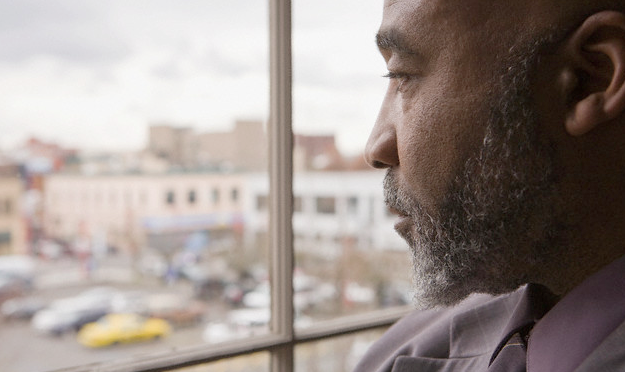
Many in the field would say that the disparities in mental health services for African-Americans are detrimental to the state of black people’s public health. But why?
Back in medical school, Dr. Carl Bell knew the least about mental health disorders, which is why he wanted to focus on psychiatrists rather than other medical practices.
He is now the CEO and president of the Community Health Council and director of the Institute for Juvenile Research at the University of Illinois in Chicago. He has dedicated much of his career to the treatment and prevention of mental health disorders among African-Americans—a service that remains underserved and underfunded.
“It’s really hard getting mental health services in black communities,” says Bell. “These services are a scarcity, because there is no consideration for poor people with mental illnesses.”
Bell says there is little to no research on how to properly treat blacks suffering from schizophrenia, bipolar disorder, depression, drug and substance abuse, and other mental illnesses, mainly because no one has devoted time to understanding the social and cultural issues affecting poor black communities. Access to good health care and modern treatment is a major factor as well.
A new national report by the Substance Abuse and Mental Health Services Administration (SAMHSA) reveals that 20% (45.9 million) of American adults age 18 and older experienced a mental illness last year. The rate of mental illness was more than twice as high among young adults ages 18-25 than it was for adults age 50 and up. And women were more likely than men to have been diagnosed with a mental illness in 2011 (23% vs. 16.8%).
To read the complete article, click here.








